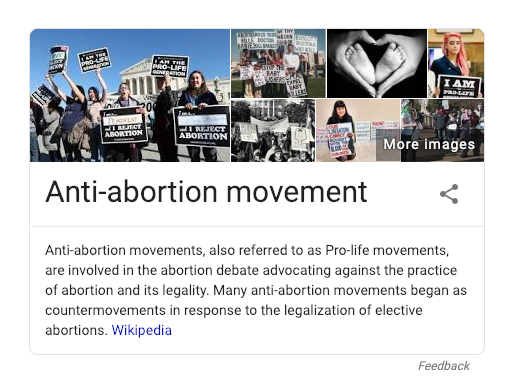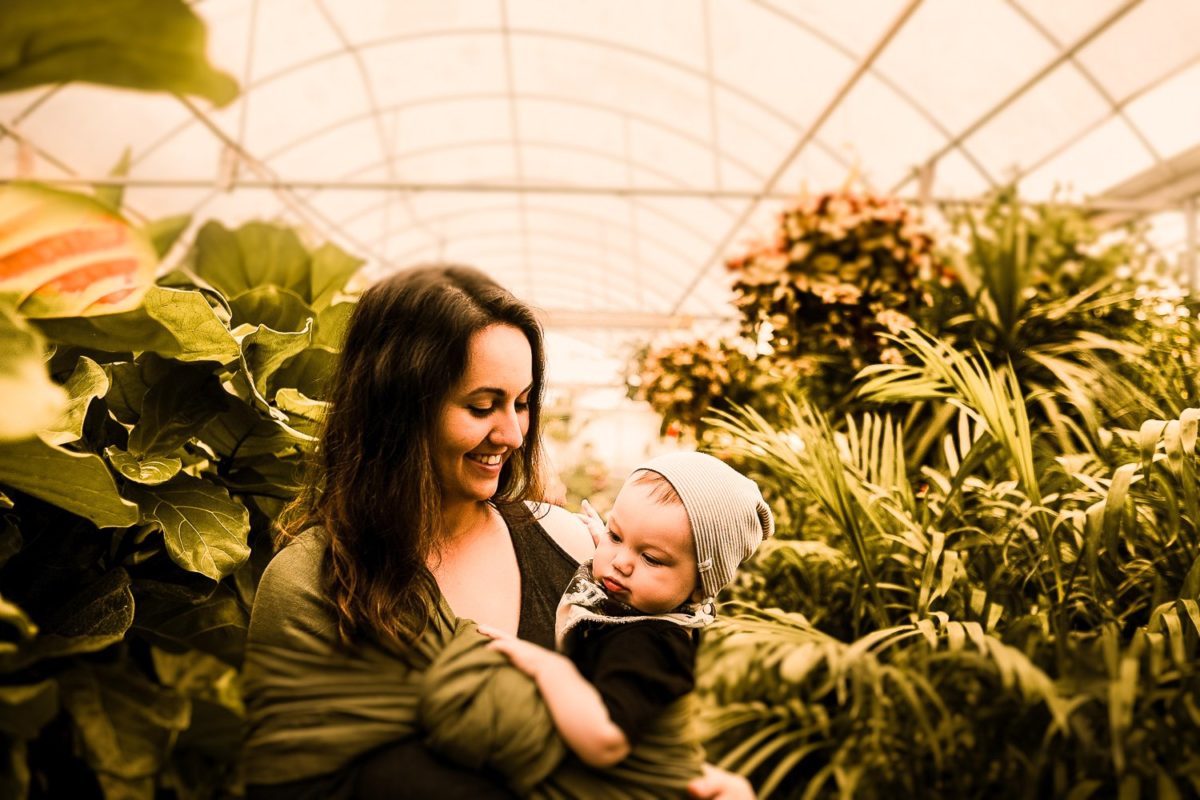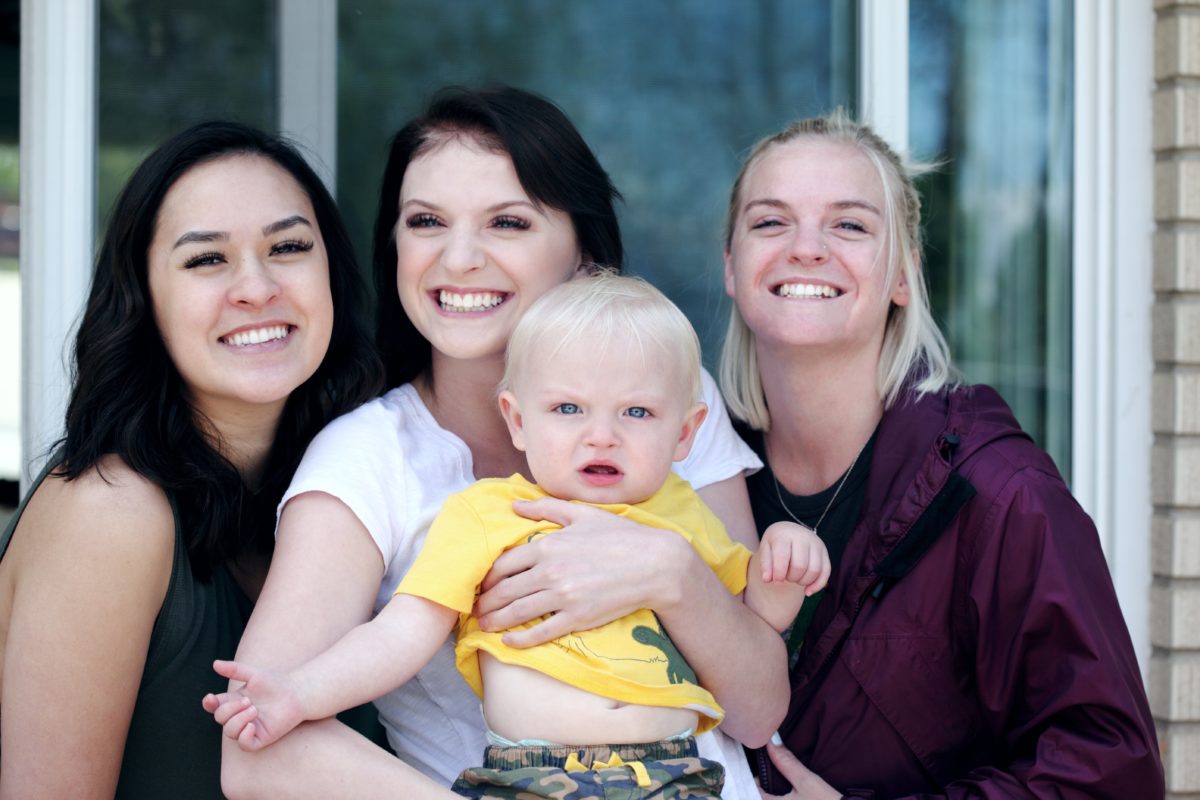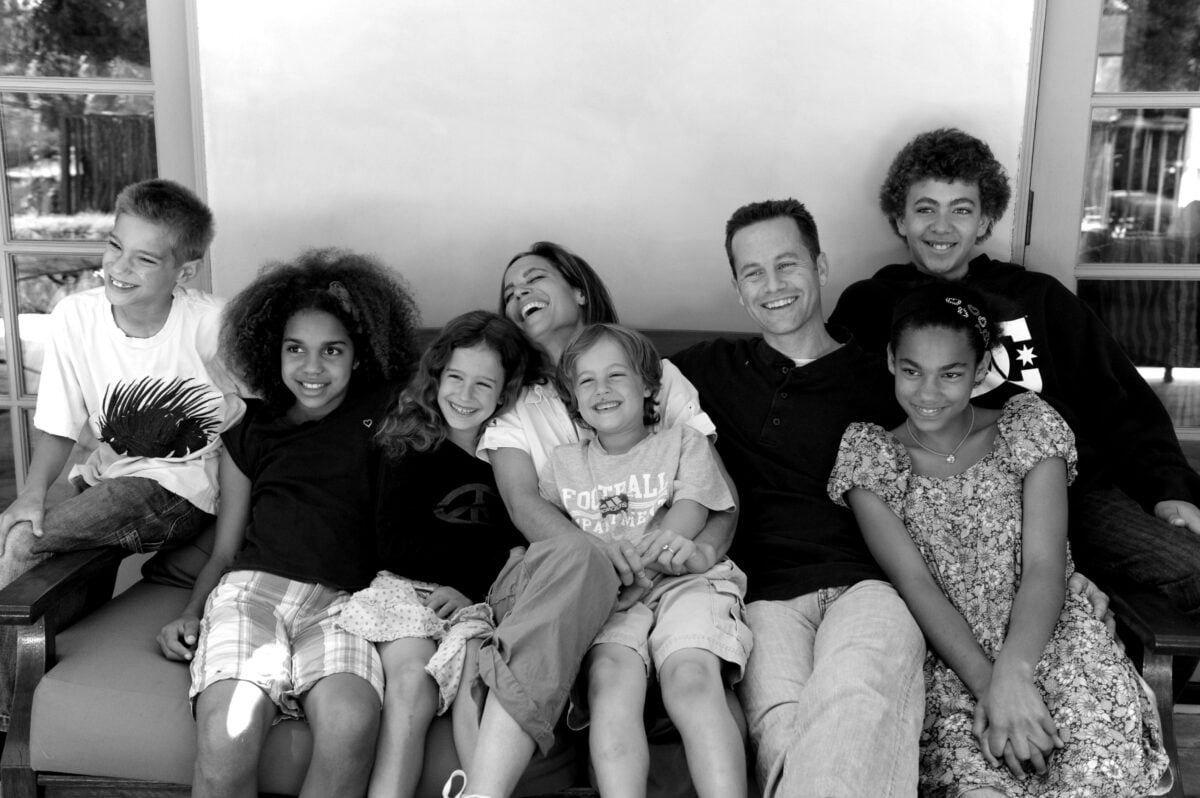In recent years, pro-choice activists have made a subtle, and sometimes not so subtle, attempt to rebrand pro-life advocates as “anti-abortion.” Media outlets favorable to pro-choice views have begun consistently calling pro-life laws “anti-abortion” and increasingly refer to pro-life activists as simply “anti-abortion.”
At first glance, this may not seem like a harmful label. The term “anti-abortion” calls attention to the injustice pro-life people object to: the destruction of an innocent and defenseless human being through the violence of abortion. In fact, some pro-life activists proudly call themselves anti-abortion.
However, in the broader cultural conversation, pro-lifers should reject the term “anti-abortion” because it is unhelpfully reductive and obscures the fact that being pro-life is pro-woman. The motive behind pro-choice pundits calling pro-lifers “anti-abortion” is to portray the movement as opposed to the best interests of women.

Increasingly, pro-choice groups have been marketing abortion as a positive social good. No longer do you hear about keeping abortion “safe, legal, and rare.” The mantra today is that abortion is “healthcare”; abortion “empowers” women; abortion allows women to have autonomy and live to their fullest potential. In reality, abortion does not do any of these things; abortion ends a unique human life and carries many risks for the mothers involved. But as much of the culture continues to portray abortion as “empowering” for women, then being anti-abortion appears to be anti-woman.
For decades, the pro-life movement has shown that it is anything but anti-woman. Pro-life pregnancy centers across the country walk with women in crisis pregnancies and beyond, no matter what their decisions are. Abortion advocates persistently claim that people opposed to abortion only care about babies in the womb and do nothing to support women and children once they are born, perpetuating the view of pro-lifers as simply “anti-abortion.” A visit to almost any pregnancy resource center will show the truth.

The staff and volunteers of countless pro-life pregnancy centers demonstrate their commitment to women and children, born and preborn, every day. By connecting women in crisis to community, education and resources, pregnancy centers offer women true empowerment.
Pregnancy resource centers are no longer limited to one physical location but will actually bring resources to underserved communities and meet women where they are. Currently, Save the Storks has 46 buses offering ultrasounds and resources on the road or in production, and they continue to grow.
These resources are life-saving, not only for the preborn babies whose lives are saved from abortion, but often for the women in crisis situations. Access to information, community, and educational and material resources can be the difference between choosing abortion because it appears to be the only option and recognizing that there are other options.
Studies show that at least 64% of women who underwent an abortion felt pressured by others. 79% were not told about available resources to help them choose life, and 84% did not feel sufficiently informed before undergoing an abortion. People who claim abortion empowers women must confront these devastating statistics. Not only do these studies point to the need for more resources for women considering abortion, they also demonstrate the acute need for resources for post-abortive women who are in pain, resources which many pro-life pregnancy centers offer.

Clearly, women want and need more from our society than abortion. Many women in a crisis feel most empowered by the fact that their life and success does not require them to end the life of their preborn child. This is the reason that 4 out of 5 women who step onto a Stork Bus choose life for their babies.
The pro-life movement is not simply “anti-abortion,” which implies that the pro-life movement cares only about preborn lives. The pro-life movement does care deeply for preborn babies, but equally cares for children who have been born in difficult circumstances and their mothers. The words we use matter, and that is why we are pro-life.













